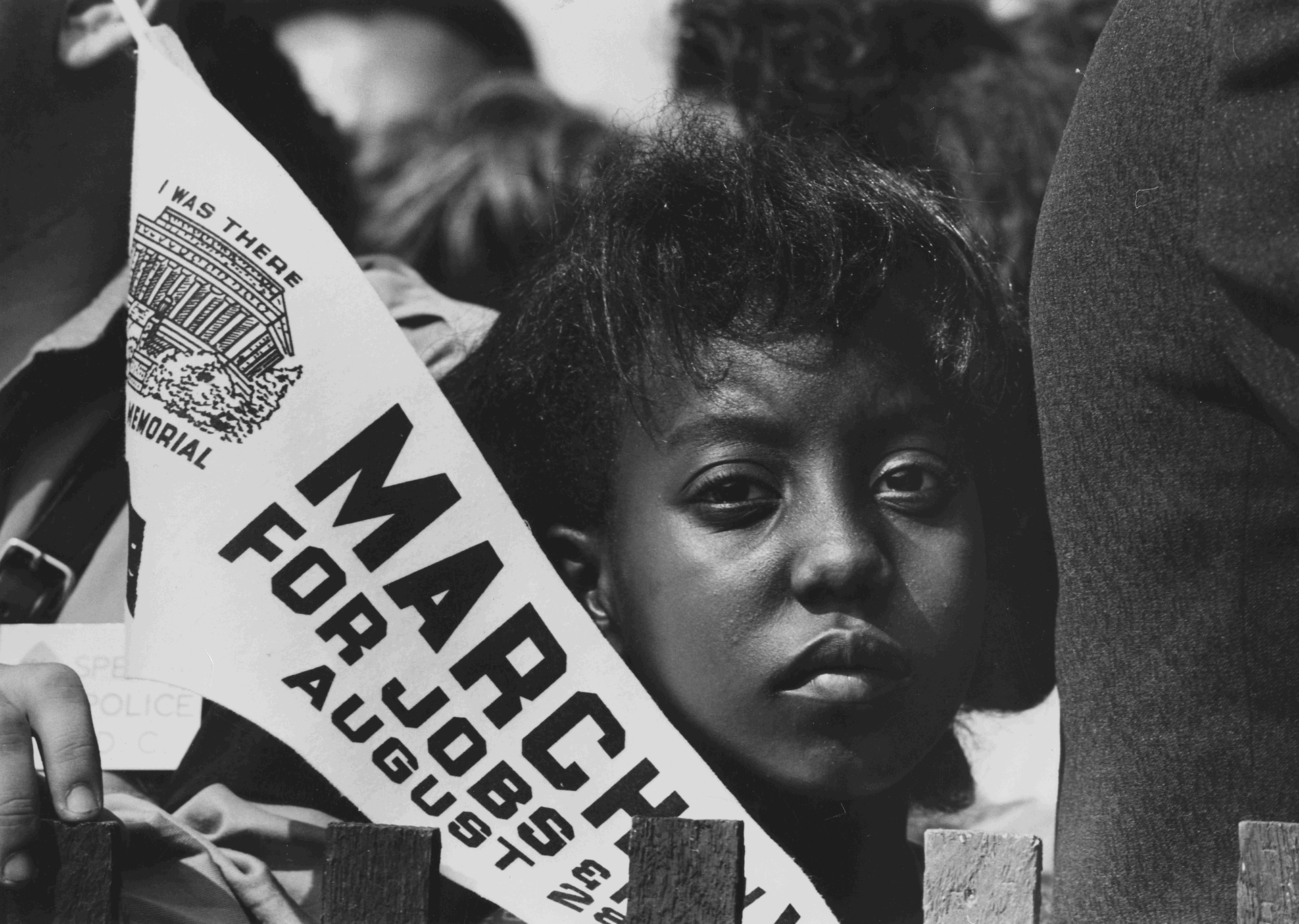I went to the documentary screening of Little White Lie. This documentary is about a girl that grew up within a household believing she was a Jewish White girl living in a White community of Woodstock, New York, but ends up finding out she is black. The girl’s name is Lacey Schwartz a Georgetown graduate admitted to the University due to seeing a picture and admitting her to the university as a black student. Eventually she goes through her Freshmen year at Georgetown and realizes through therapy sessions that she needs to confront her mother about why she looks the way she does with lighter skin, and curly black hair. Reluctantly, her mother admits that she had an affair on her “father” with a man named Rodney. This affair was kept secret from Lacey and her “father” until her parents’ marriage started to decline which her mother hinted to her “father” that Lacey may not be his which led to a divorce. Lacey then struggled throughout her life with dealing with her new found black identity and her past white identity. Although she understood who her father was, she never felt a sense of closeness with her real dad like she did with her “dad” that raised her.
After the documentary Lacey Schwartz did a Q and A and I was interested in her responses to the questions presented to her. A student asked her when she finally realized she was a” black woman did she experience any difference of being treated compared to how she was as a white woman?”. Lacey Schwartz instantly replied “no”. I was actually shocked to hear that, but Lacey went on to acknowledge her beliefs on race fluidity, and her experience with privilege. I believe the student was looking for her to reinforce their thoughts on white privilege, but gave them a different way of looking at it. It is essential at looking at different sources and letting them guide your opinion without just looking at one to continuously reinforcing your own thoughts. I believe this documentary represented a different side of a discussion on race and its physical boundaries.
